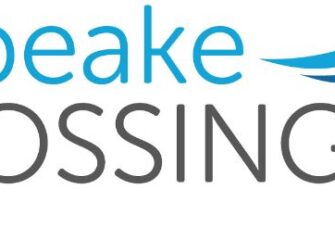
While Maryland will soon allow marijuana, the drug is still illegal federally, which can lead to confusion by employees that are required to take drug tests as a new hire, randomly and/or due to a workplace accident.
Beginning on July 1, adults ages 21 and older will be allowed to use and possess up to 1.5 ounces of marijuana. Maryland will join more than 20 states and the District of Columbia that allow for the recreational use of the drug.
The legalization occurred due to a ballot referendum that passed with a majority in November. During the current session of the Maryland General Assembly, lawmakers are set to work out regulatory framework and when cannabis sales in the state may begin. Medical cannabis has been operational since 2017.
Darla J. McClure, an attorney with Stein Sperling Bennett De Jong Driscoll PC, notes the new law does not change how Maryland employers handle drug testing. “Since marijuana is still illegal under federal law, employers are permitted to test for marijuana and terminate an employee or refuse to hire a candidate that tests positive,” she said.
As of now, McClure does not believe there is much an employer can not do with the new law. Other jurisdictions that have enacted similar legislation have modified their laws to state that employers can not refuse to hire an applicant who tests positive or otherwise discriminate against someone who has a medical marijuana card.
There could be an unintended impact from the legalization of marijuana statewide.
“For those employers who are continuing to test for marijuana, either at the time of hiring or by doing random drug testing, (they) will have a difficult time getting applicants to apply for positions thereby reducing the number of prospective candidates for positions,” McClure said. “It is already tough to find good employees. You do not want your pool of applicants shrinking.”
McClure notes most of her private sector clients do not test for marijuana as a part of the onboarding process or when conducting random testing. They do test for marijuana in the event of a workplace accident similar to alcohol.
“Employers will maintain their policies that provide that use of drugs or alcohol during work hours is prohibited,” she said.
Some individuals have medical marijuana cards for a number of different medical conditions including anxiety, post-traumatic stress disorder and chronic pain. McClure notes she believes the state will need to put guidelines together as to how employers should handle those employees with medical marijuana needs. Other jurisdictions have concerns and cases regarding the Americans with Disabilities Act violations due to accommodations being requested by employees.
Employers can take measures in the months leading up to the new law.
“I recommend to my private sector clients that they not test for marijuana except in the event of a workplace accident and treat it similar to that of alcohol,” McClure said. “I also caution employers from taking an adverse action against employees by virtue of the fact that they have a medical marijuana card as I believe Maryland will soon look towards enacting similar laws that are currently in other jurisdictions that prohibit such conduct.”




